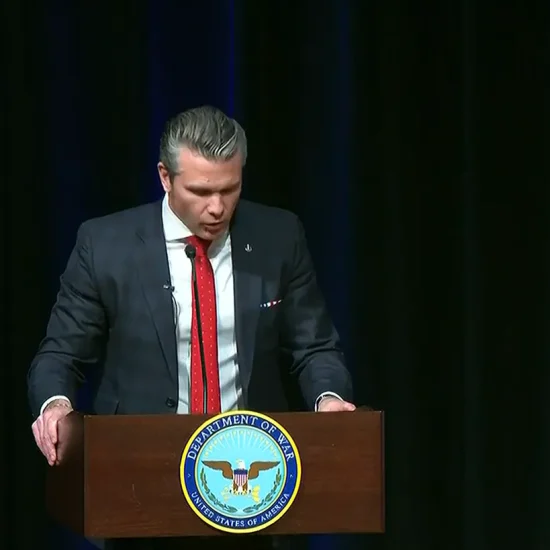 Cherished in God’s eyes
Cherished in God’s eyes
Bible Studies for Life – January 17, 2016
Scripture: Psalm 8:1-9
 John HowellPsalm 8 is one of the psalms characterized as Songs of Praise to the Creator. Even though the entire book of Psalms is often described as praise to God, this psalm speaks eloquently to the question, “What is Man?” or, as John Stott labels it, “What is a Human Being?” (Favorite Psalms; Growing Closer to God, p. 9).
John HowellPsalm 8 is one of the psalms characterized as Songs of Praise to the Creator. Even though the entire book of Psalms is often described as praise to God, this psalm speaks eloquently to the question, “What is Man?” or, as John Stott labels it, “What is a Human Being?” (Favorite Psalms; Growing Closer to God, p. 9).
Personhood begins with the birth of children (Psalm 8:2). Verse 1 establishes the central reality of all biblical revelation. The Creator God creates man who honors him with praise for his majesty in all the earth. In a study of this psalm designed for the average person, Fred M. Wood distinguishes between the two usages of the word “Lord” in verse 1.
The first “Lord” translates the name by which God revealed himself to people. The second “Lord” translates a different Hebrew term that meant “to rule or command” (Psalms: Songs from Life, p. 39). These two terms were intended for praise to God who created the world for man and established man’s responsibility for that world.
Verse 3 picks up on a theme that will be echoed in the New Testament: “from the lips of children and infants you have ordained praise.” When Jesus was in the Temple on one occasion, the children were “shouting in the temple area, ‘Hosanna to the Son of David,’ which angered the chief priests and teachers of the law.” They questioned Jesus about this and he replied, “Have you never read, ‘From the lips of children and infants you have ordained praise?’” (Psalm 8:2).
In the church worship services where I attend, a significant few minutes focuses on the children who are led into the front of the church by the pastor for interaction with him. It is interesting how the children respond to his questions about faith and life. As Stott affirms, “God is still glorified in the simple faith of children” (p. 9).
God honors the creation of man (Psalm 8:3-5). When the psalmist marvels at the majesty of God and wonders how man could be entrusted with dominion over nature, how much more should we in our contemporary scientific advantage be enthralled that he makes us guardians of our earth.
William Borucki, winner of the coveted Shaw Prize for scientific discovery, emphasized climate control as part of our responsibility. He summarized our challenge: “What we’ve found has underscored how important it is to protect this one. While we can detect other worlds, we cannot go to them. Our future is here on Earth and we can do much more to insure that our planet’s climate remains hospitable” (Union of Concerned Scientists, Vol. 14, Fall 2015, p. 5).
The writer of the book of Hebrews does point out that even though God has put all of nature under man’s dominion, “at present we do not see everything subject to him.” We can look to the time when God will fulfill Jesus’ role over creation. Paul declared, “God placed all things under his feet and appointed him to be head of everything for the church” (Ephesians 1:22).
In verse 5, various translators of the Hebrew Elohim translate it as “a little lower than God” (NRSV) or “a little lower than the heavenly beings” (NIV). The writer of the Book of Hebrews translates it as “a little lower than the angels.” All of these translations consistently show that God designated an exalted role for the humanity whom God cherished.
Repetition of the opening refrain (Psalm 8:1, 9). Wood suggests that as the “psalmist looked back over what he had written and could think of no better way to close than with the same exclamation with which he began” (p. 45).
Building on comparable thought, scholar Samuel Terrien highlights the intent of the psalm when he remarks that the psalmist “adored God, the creator of heaven and earth, and he indicated plainly his intention in the identical prelude and postlude of his hymn” (The Psalms and Their Meaning for Today, p. 46).
Several writers have presumed that the psalm was written by David and applied his rendering in verse 3, “When I consider your heavens, the work of your fingers, the moon and the stars, which you have set in place” to his time with his father’s sheep as he lay on his back in the evening contemplating the glory of the heavens. His wonder of God grew as he let his imagination reflect on the marvelous God whom he worshipped. The opening and closing verses of the psalm declare his sensitivity to the majesty of his God. We have that same privilege in our time today.
John Howell is academic dean emeritus at Midwestern Baptist Theological Seminary in Kansas City, Mo.
Bible Studies for Life is a curriculum series from LifeWay Christian Resources.
The PDF download requires the free Acrobat Reader program. It can be downloaded and installed at https://get.adobe.com/reader.






